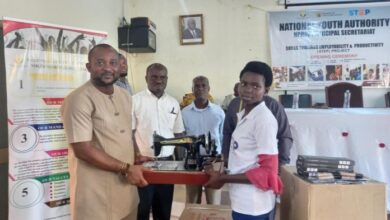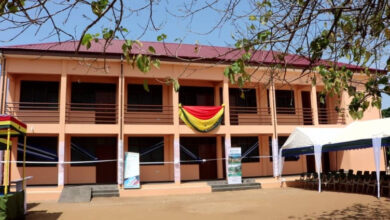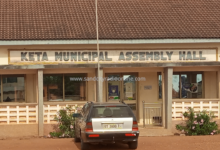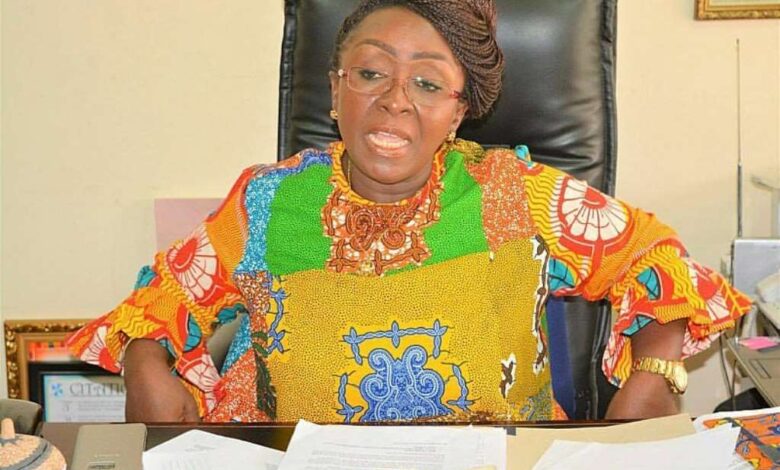
Scrap taxes imposed on imported sanitary products – Dzifa Gomashie to gov’t
The Member of Parliament for the Ketu South constituency, Abla Dzifa Gomashie has urged government to scrap taxes imposed on the importation of sanitary products into the country.
According to her, many Ghanaian girls are unable to afford sanitary towels when they menstruate due to the high cost of such products on the market.
She was speaking at an event organised by her office in collaboration with the Ketu South Municipal Education Directorate to commemorate this year’s Menstrual Hygiene Day.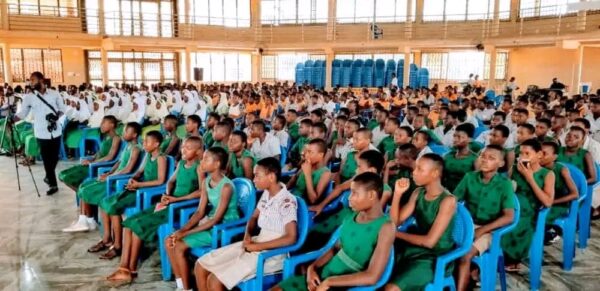
She said, “It is a basic human right that women worldwide are given the right materials to collect blood during this time, and that this material can be changed in total privacy. Access to culturally appropriate, high-quality menstrual supplies and safe private washing facilities are a necessity for every girl or woman who is menstruating.”
“It is disappointing to see sanitary towels being offered in the market for as high as GHS10. How does the ordinary Ghanaian deal with the high expense of sanitary towels, among other pressing needs?, she queried.
She believes the cost of sanitary products would be lower if taxes on sanitary products are scrapped.
“The cost of sanitary towels can be lower if the 20% luxury tax and the 12.5% VAT imposed on imported sanitary products are removed. These obnoxious taxes are in my opinion nuisance taxes and further impoverish the vulnerable girls in our poor families where three square meals are a challenge.”
Known for her advocacy for women’s rights and development, the Ketu South MP observed that several African women are still hampered by the socio-cultural and religious limitations as far as menstruation is concerned, noting that there is a need for sufficient menstrual hygiene education.
The event which was held in Aflao, had over 700 pupils drawn from selected schools across the Municipality including male pupils.
The Municipal Girls’ Education Officer, Madam Cecilia Dome, revealed that several school girls continue to absent themselves from school in the Municipality due to the challenges associated with menstruation.
She urged parents to support their wards and teach them the best practices on menstrual hygiene.
This year’s celebration which is on the theme: “Making menstruation a normal fact of life by 2030,” is geared towards building a world where no one is held back because they are menstruating.
Worldwide, more than 300 million women menstruate every day.
But also, an estimated 500 million people lack access to menstruation products and sufficient hygiene management facilities, a situation that calls for special attention to the needs of women and girls and those in vulnerable situations by 2030 in line with Goal 6.2 of the United Nation’s Sustainable Development Goals.
Source: Kasapafmonline.com

